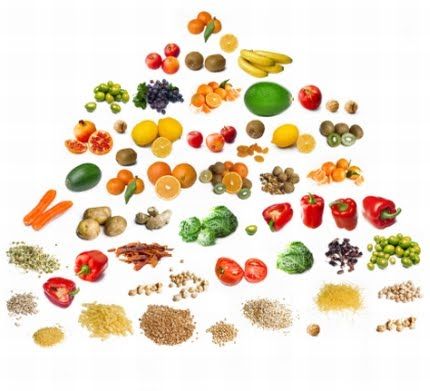Obtaining proper nutrition is essential for maintaining good health. Vitamins are one of the vital nutrients our body requires in small amounts to function properly. They play a crucial role in various bodily functions and help prevent deficiencies that can lead to serious health issues. In this article, we will highlight some of the essential vitamins that are necessary for maintaining good overall health.
Vitamin A
Vitamin A is a fat-soluble vitamin that is essential for good vision, healthy skin, and a strong immune system. It is found in abundance in orange and yellow fruits and vegetables, such as carrots, sweet potatoes, and mangoes. Vitamin A also helps in the normal functioning of the heart, lungs, and kidneys.
Vitamin C
Vitamin C, also known as ascorbic acid, is a water-soluble vitamin that acts as a powerful antioxidant. It plays a crucial role in collagen synthesis, which helps maintain healthy skin, blood vessels, and connective tissues. Vitamin C is found in fruits like oranges, strawberries, and kiwis, as well as in vegetables like broccoli and peppers. It helps boost the immune system and aids in the absorption of iron from plant-based sources.
Vitamin D
Vitamin D is a unique vitamin as it can be synthesized by our bodies when exposed to sunlight. It is essential for maintaining strong bones and teeth as it helps the body absorb calcium. Additionally, vitamin D plays a vital role in immune system function. It is found in fatty fish like salmon and mackerel, as well as in fortified dairy products and cereals. However, due to limited sun exposure and certain dietary restrictions, many people may require supplementation to maintain adequate vitamin D levels.
Vitamin E
Vitamin E is a fat-soluble antioxidant that helps protect our cells from damage caused by free radicals. It supports healthy skin, enhances immune function, and promotes good eye health. Vitamin E is commonly found in nuts and seeds, such as almonds and sunflower seeds, as well as in vegetable oils like sunflower and safflower oil.
Vitamin B Complex
Vitamin B complex comprises a group of vitamins that include B1 (thiamine), B2 (riboflavin), B3 (niacin), B5 (pantothenic acid), B6 (pyridoxine), B7 (biotin), B9 (folic acid), and B12 (cobalamin). Each of these vitamins has specific functions, but as a group, they play a significant role in energy production, brain health, and red blood cell formation. Vitamin B complex is commonly found in meat, fish, dairy products, and leafy green vegetables.
Vitamin K
Vitamin K is vital for blood clotting and healthy bones. It helps in the synthesis of proteins necessary for coagulation and bone metabolism. Leafy green vegetables like kale and spinach, as well as broccoli and Brussels sprouts, are excellent sources of vitamin K. It is worth noting that individuals taking blood-thinning medications should consult their healthcare provider before adding vitamin K-rich foods to their diet.
Conclusion
Ensuring adequate intake of essential vitamins is crucial for maintaining good health. While a balanced diet should provide most of these vitamins, certain individuals, such as pregnant women, breastfeeding mothers, the elderly, and those with dietary restrictions or limited sun exposure, might require supplementation. Always consult with a healthcare professional to determine your specific needs and to ensure you are receiving the necessary vitamins to optimize your health and well-being.






